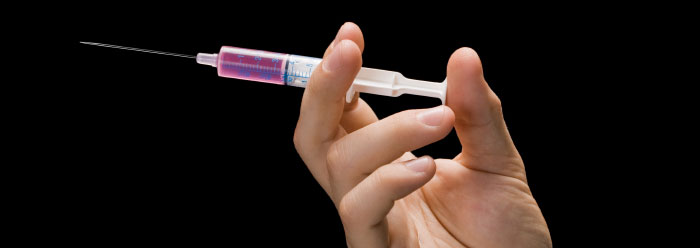Botox treatments are popularly known for their cosmetic application in reducing facial wrinkles. They also have been used successfully to treat disorders in eye muscles. And a newly discovered application involves using Botox injections to help patients who suffer from overactive bladders.
Botox, a shortened form of “botulinum toxin,” is a trade name for the medicine used in the treatments. Its active ingredients, considered to be toxins, are proteins that are produced by certain bacteria. Even in small amounts, botulinum toxin can cause botulism which—in infants especially—can lead to death. Botulism most commonly results from drug use, improper canning procedures, or reusing very dirty dishes.
A recent study by UK urologists from Guy’s Hospital and King’s College London found that Botox injections into bladder tissue reduced the frequency of urination in those suffering from an overactive bladder.1 This led to better sleep and better quality of life in 16 patients for at least 24 weeks following treatment.
As is the case with many apparently harmful natural substances, Botox’s disease-causing potential usually requires carelessness or misuse. However, without the qualities inherent in its potential for negative effects, the medical benefits of Botox would be unavailable.
If carefully regulated and precisely applied, the same protein that can cause disease can be used to alleviate affliction. The only way to access its potential for good is to study and test it, which is implied in God’s mandate to humanity to replenish and subdue the earth.2 In man’s stewardship of God’s creation, the role of scientific exploration and discovery rightfully serves to reveal the wondrous works of the Creator, in whom all things live and move and have their being.3 http://www.icr.org/article/botox-toxin-becomes-treatment/
References
- Botox injections can significantly improve quality of life for people with overactive bladders. Wiley-Blackwell publisher press release, June 9, 2009, reporting research published in Sahai, A. et al. 2009. Improvement in quality of life after botulinum toxin-A injections for idiopathic detrusor overactivity: results from a randomized double-blind placebo-controlled trial. BJU International. 103 (11) 1509-1515.
- Genesis 1:28.
- Acts 17.28.
* Mr. Thomas is Science Writer at the Institute for Creation Research.
